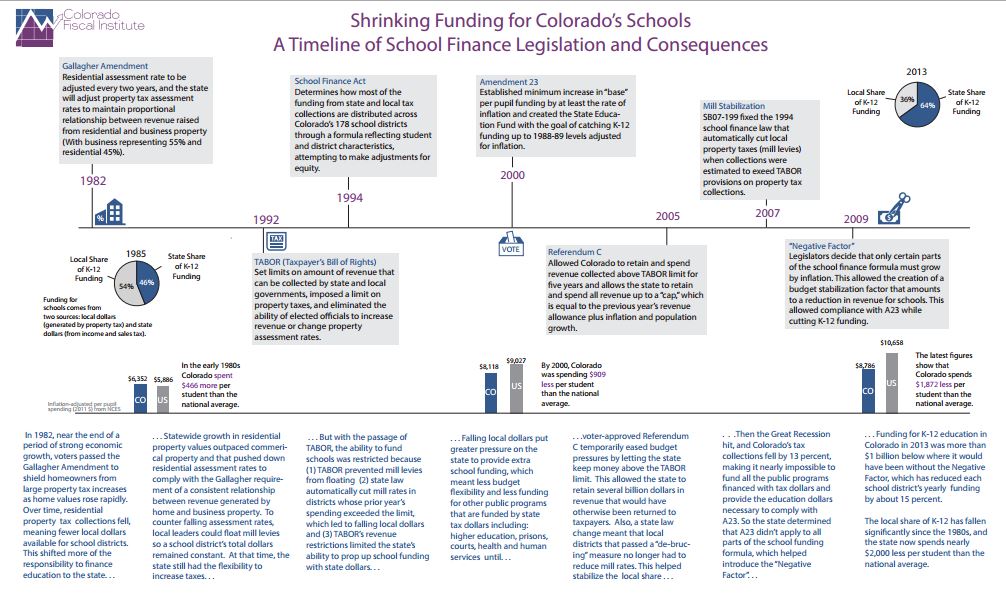Adams County District Court Judge Ted C. Tow ruled last Friday (29 August 2014) that a lawsuit challenging tax incentives offered by the city of Aurora to developers of the Gaylord hotel project can go forward. Plaintiffs had challenged Aurora’s tax incentives – including creation of an “enhanced taxing area” and a special election to raise taxes to finance the project – violated Colorado’s Taxpayer Bill of Rights, or TABOR.
As reported in a recent Colorado Springs Gazette article,
The Aurora City Council ?authorized the enhanced taxing area and the election to raise taxes at a meeting in June 2011. Only one person voted in the election as the land included in the taxing area is owned by a single corporate entity.
Rather takes the “one man, one vote” principle to a whole new level, eh?
Clear The Bench Colorado will, with your support, continue to promote transparency and accountability in the Colorado judiciary, informing the public to increase awareness of the substantial public policy implications of an unrestrained activism and political agendas in the courts. We will continue to work to educate voters and provide information of relevance related to the judicial branch, and to provide useful and substantive evaluations of judicial performance.
However, we can’t do it alone – we need your continued support; via your comments (Sound Off!) and, yes, your contributions. Freedom isn’t free –nor is it always easy to be a Citizen, not a subject.
Ultimately, though – it’s worth the effort.


